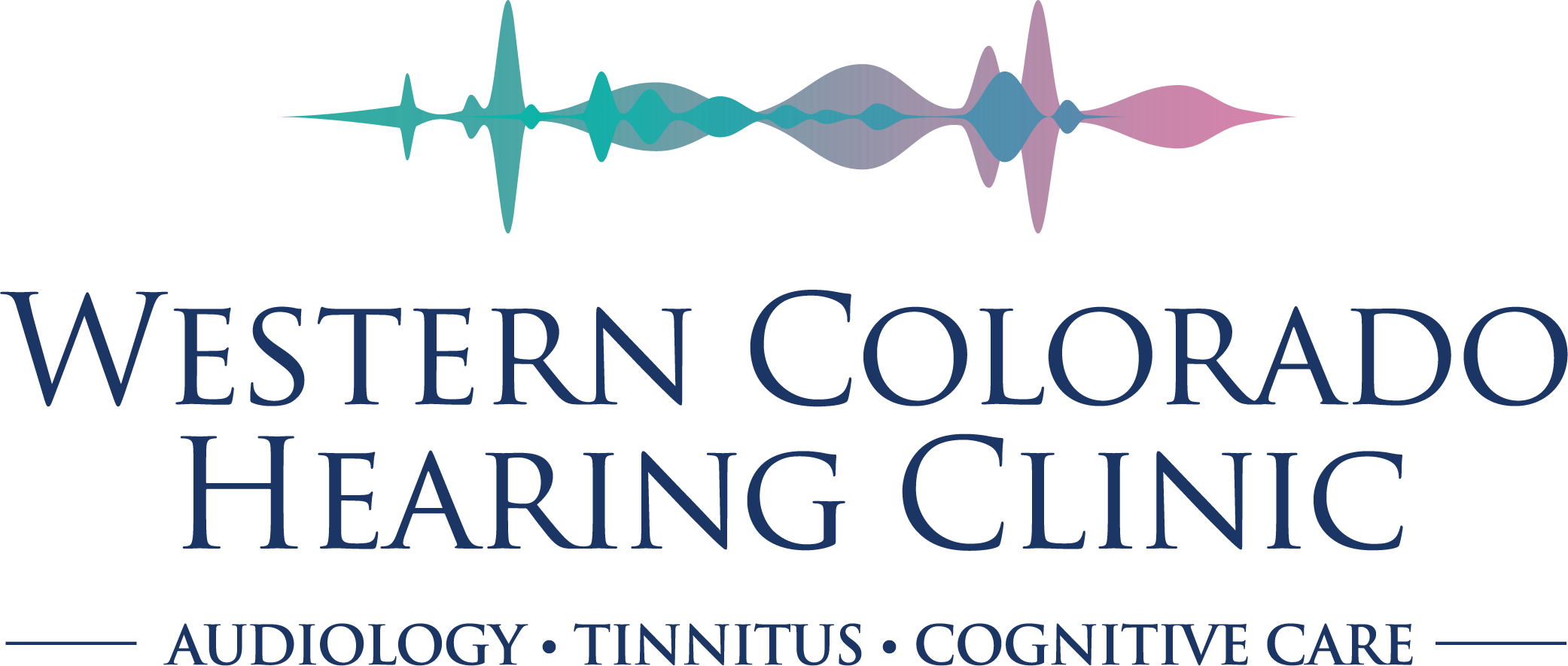We Moved! Visit us at
605 25 Rd, #100, Grand Junction, CO 81505
Memory Loss and Miscommunication
Return to Blog

Memory Loss and Miscommunication
Hearing loss is one of the most common health issues in the world, especially among the aging population. Often, its implications stretch far beyond the auditory system. In fact, hearing loss can influence cognitive functions and interpersonal relationships.
Untreated hearing loss can lead to miscommunication and memory issues, fundamentally altering a person’s quality of life. September is World Alzheimer’s Month, and it’s a good time to learn about the broader impacts of untreated hearing loss and its potential role in cognitive decline.
Connection Between Hearing and Cognitive Functions
Sound and speech are more than just mechanisms for communication; they are also crucial for cognitive health. When hearing deteriorates, it often goes unnoticed by the individual because the decline can be gradual. But as hearing worsens, the brain receives fewer sound signals, which can affect cognitive processes. This lack of stimulation can lead to changes in the brain’s structure and function, potentially increasing the risk of cognitive decline.
Cognitive Overload and Fatigue
Untreated hearing loss often forces the brain to work harder to process sound, leading to cognitive overload. This constant strain can be exhausting, a state known as listening fatigue. It not only hampers the ability to communicate effectively but also impacts overall cognitive reserves. It leaves less energy for other brain functions, including short-term memory.
Memory Strain
The effort to hear and understand speech can divert the brain’s resources away from storing and processing memories. This phenomenon can explain why people with untreated hearing loss may seem more forgetful or have difficulty remembering new information. Their memory isn’t necessarily failing. Instead, their cognitive load is overwhelmed with trying to understand sounds.
Social Isolation
A direct consequence of untreated hearing loss is social isolation. Difficulty in following conversations can make social settings frustrating and embarrassing, leading to withdrawal and loneliness. This isolation is a significant risk factor for cognitive decline and dementia, as social interaction is very important for maintaining mental fitness.
Miscommunication and Its Ripple Effects
Miscommunication is a common consequence of untreated hearing, affecting both personal and professional relationships. It can lead to misunderstandings, frustrations, and conflicts, further isolating the individual.
Impact on Personal Relationships
Frequent miscommunication can strain relationships with family and friends. It often causes frustration on both sides, as loved ones may mistakenly perceive the difficulty in hearing as inattentiveness or disinterest. Over time, this dynamic can erode the closeness and trust that are vital to healthy relationships.
Workplace Challenges
In professional settings, untreated hearing loss can lead to serious misunderstandings. It can affect job performance, potentially leading to mistakes, missed deadlines, or misinterpreted assignments. Such challenges can hinder career progression and affect one’s professional reputation and self-esteem.
Addressing the Issue: The Role of Hearing Aids
Modern hearing aids are highly effective in managing hearing loss. They not only amplify sounds but also improve speech understanding and reduce listening effort. By wearing hearing aids, individuals can significantly enhance their communication abilities, which can:
- Reduce cognitive load: With clearer hearing, the brain doesn’t have to work as hard to interpret sounds, allowing the brain to put energy into other cognitive domains, including memory.
- Enhance social interaction: Improved hearing allows for more fulfilling and engaging social interactions, reducing feelings of isolation and protecting against cognitive decline.
- Improve overall quality of life: Better hearing can lead to greater independence and confidence, both socially and professionally.
World Alzheimer’s Month
World Alzheimer’s Month is a reminder of the importance of cognitive health. It’s an opportunity to spread awareness about the potential risk factors for cognitive decline – including hearing loss.
This month, you can encourage your loved ones to seek professional evaluations and learn more about their hearing health. If you or a loved one thinks you may have hearing loss, September is the perfect time to book a hearing test.
Contact Us Today
Untreated hearing loss is not just an auditory issue—it is a significant factor that can complicate personal relationships, affect professional life, and exacerbate cognitive decline. Untreated hearing loss lead to miscommunication and memory loss, or even to dementia.
You can change your future by treating hearing loss early. Contact us today to schedule a hearing test and do the right thing for your ears and your brain.



